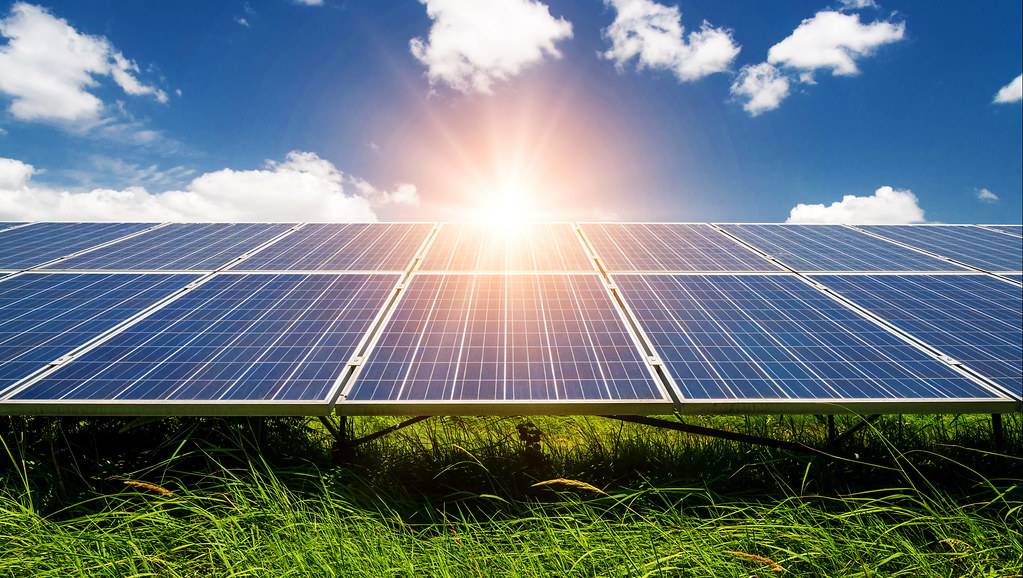The industry standard shelf life provided by solar panel manufacturers is 25 years. Without knowing the working temperature and conditions, the rated service time of the cable cannot be accurately given. The heat resistance test results specified in the solar standard can be used to predict the life expectancy of cable products.

The location of solar project construction, especially in remote areas, requires products with long life and low maintenance costs. Therefore, the solar energy industry is strictly regulated to ensure product reliability and applicability. As a minimum requirement, the product must comply with the building codes of the installation area.
Merely testing the thermal endurance of solar cable products does not guarantee that it will achieve the required quality and safety level. However, independent testing of products and proving that they meet applicable standards can provide confidence for specification makers and end users.
The main internationally recognized standards specifically related to solar cable products used in DC equipment are: IEC 62930:ed 1.0:2017 and BS EN 50618:2014. EN 50618 is only applicable to cables with single-core, cross-linked insulation and sheathed tinned copper soft conductors made of low-smoke halogen-free (LSHF) materials, while IEC 62930 extends this range to use or not use LSHF Single-core cross-linked insulated power cable products made of materials.
Both standards stipulate strict requirements for testing solar cable products, reflecting the challenging conditions that cable products will face.





